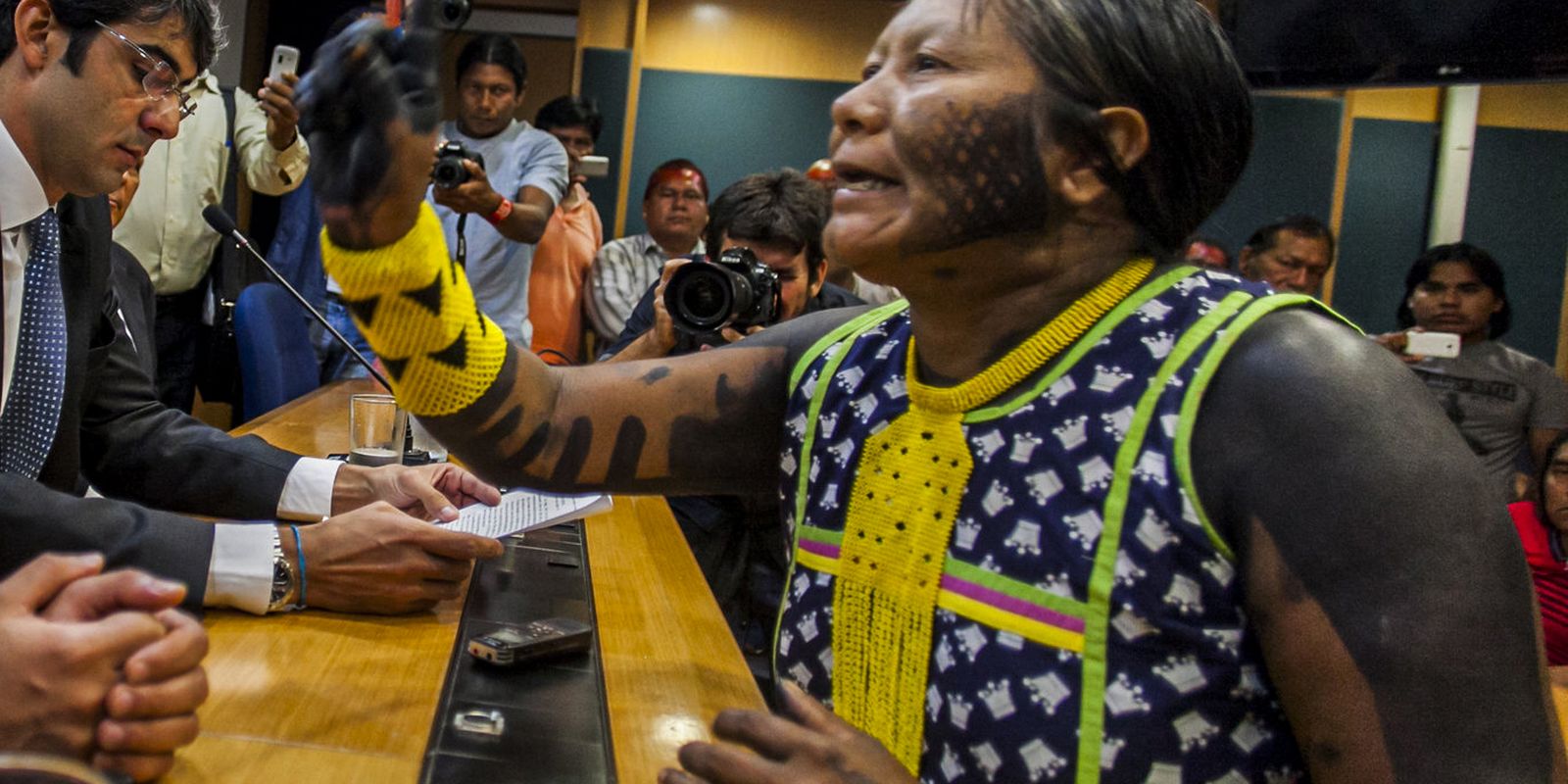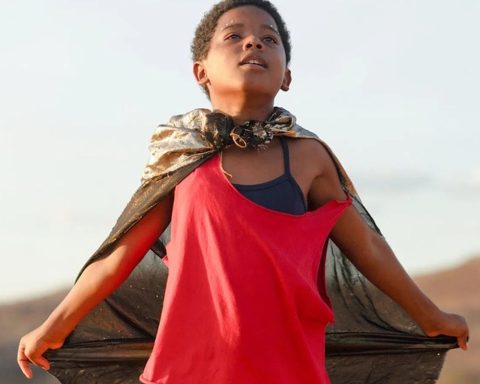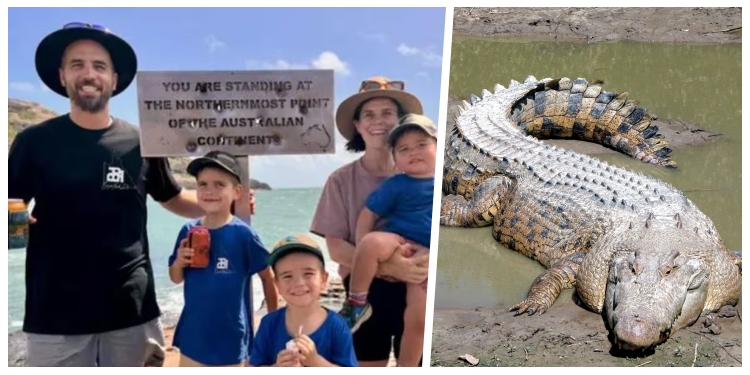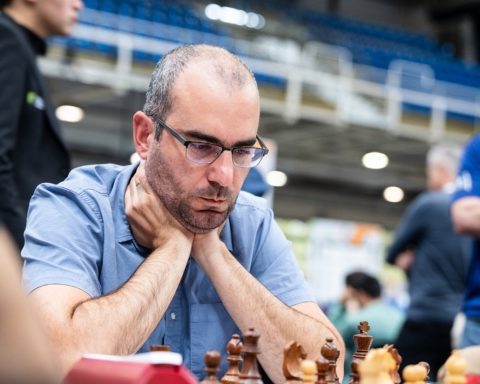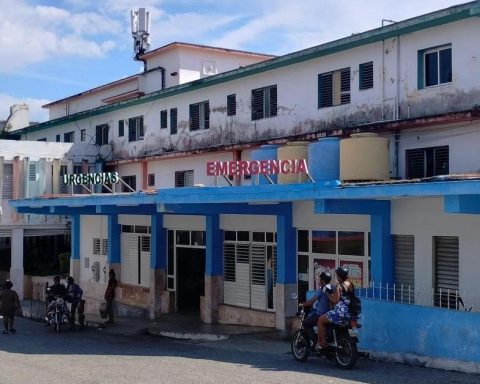The indigenous leader of Terra Las Casas, Tuíre Kayapó (photo), died at the age of 54, on the morning of this Saturday (10), in Pará, after battling cervical cancer. The news was confirmed by the Kaiapó Special Indigenous Health District (DSEI) of Pará.
Tuíre became known in 1989, during the 1st Meeting of the Indigenous Peoples of Xingu, when, at the age of 19, in an act of resistance against the construction of the Belo Monte hydroelectric plant, she pressed a machete against the face of the then president of Eletronorte, José Antônio Muniz Lopes.
After the episode, the image gained worldwide repercussion and the hydroelectric project on the Xingu River, initially called Kararaô, was interrupted and later renamed Belo Monte.
The work was delayed for 22 years, but the indigenous battle was lost when, in 2011, the Brazilian Institute of the Environment and Renewable Natural Resources (Ibama) granted the license for construction of the plant to begin.
The Federation of Indigenous Peoples of Pará (Fepipa) released a note of condolence lamenting the loss and highlighting the legacy of struggle, courage and determination left by Tuíre. “His passing to another dimension leaves us with an immense void, but also an even greater responsibility to continue his struggle. We will continue to stand firm with the strength and example that you left us, Tuíre,” it highlighted.
Note from Funai
In an official statement, the National Foundation for Indigenous Peoples (Funai) expressed its deep regret over the death of Tuíre, remembered for her strength, courage and for having marked the country’s history with her act of resistance.
“Tuíre’s gesture, placing himself directly in front of decisions that affected his land and his people, represented an act of resistance that will remain forever in the memory of those who fight for justice,” he said.
A member of the Mebêngôkre people, Tuíre was born in 1970 in the Kayapó territory, in the village of Kokraimoro, on the banks of the Xingu River, in the state of Pará. She was one of the first female indigenous activists and took part in many other demonstrations in defense of the forest, indigenous territories and rights. In one of her last public statements, Tuíre called on the country to fight together against the Temporal Framework.
